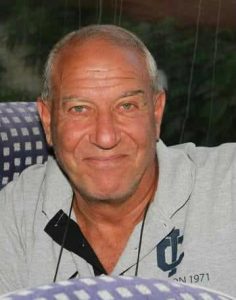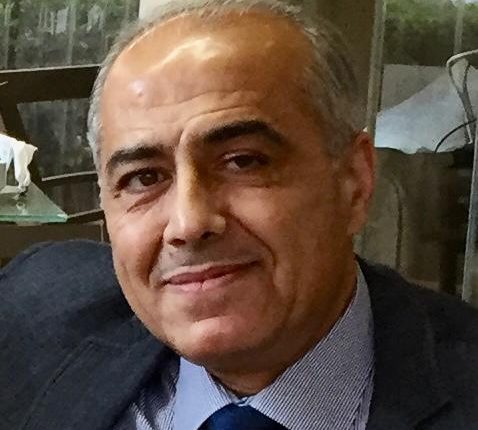THE IM…POSSI…BLE
By General Monzer El Ayoubi

Translation: Pierre A. Sarkis
Just recently, on the occasion of the 16th year commemoration of the martyrdom of his late father, Prime Minister Rafic Harriri, Prime Minister-Designate, Saad Harriri, outlined in a speech the open battlefront between him and the President of the Republic, specifying the points of confrontation, the kinds of tools used, whether painted black or white, and the new rules of engagement regarding the rights of religious confessions, or political leaders.
His speech was well-expected whether in tone or context, the result of the backlog in demands, as well as, conflicting and contradicting disagreements over powers and authority. What distinguished his speech this time around were the abysmal situation of the country, the unprecedented deteriorating living conditions, and the crumbling foundations of the state and its components. Added to these was the organized theft of depositors’ money by banks, and consequently, the collapse in the value of the national currency, and thus, the faltering and eradication of the national economy. His breakup in his speech of the word impossible intermittently, im…possi…ble, with a pause, and stress after the pause, was a clear indication of his stubbornness and unwillingness to compromise, especially concerning the Four No’s (mentioned in a later paragraph).
What increased the desire to listen to the speech, was not the symbol of the commemoration, as much as, its timing, since it came directly following Harriri’s tour of Arab and Gulf Countries, which ended with a secret meeting over dinner, with French President Emanuel Macron at the Elysee Palace. The meeting’s painted picture was of the Lebanese political spectrum, which includes corruption beyond corruption and description, and its political affiliations and alignments with regional and international powers, whether at the expense of the country and its people, its entity and democratic system, or the numerous internal mistakes and flaws on all levels.
In the alternative, political posturing has started at earnest by both conflicting parties concerned with the task of forming the new government: Prime Minister-Designate Saad Harriri, and the President of the Republic Michel Aoun whose presidential signature is constitutionally needed to authenticate its formation. The posturing is based on four “no’s”: the first is that no party should control one-third of the total number of ministers, in fear that it would dominate governmental decisions, or according to the constitution, bring down the government if they choose to resign; the second is to appoint politically independent ministers, specialists in their fields; the third is to form a government of 18 ministers for an already shaky cabinet make-up; and last, there is anticipation for small mistakes, just in case. In addition to these “no’s” is the back flip of the reverse, and rejection mirror, by one party or another.
It is obvious and déjà vu that the Harriri trip was a kind of dynamism to revive and improve relations with, and feel the pulse of Arab Gulf Countries in looking ahead for political and financial support, while insisting on the French Initiative, with the “round” its core, and “the golden opportunity” for progress and growth, its results, which should not be wasted in the slums of the stricken country. As for us, being lost and confused is an unsatisfactory privilege.
The bitterness is considerable and the despondency generic. The vaccine for optimism in the future and the rescue of the country remain as usual, an illusion, a mirage. The “im…possi…ble” is really the crux of the matter, for it is not the impossibility of forming a mission government, or a return to the “king minister”, ie the minister whose vote swings the results inside the Council of Ministers, for the responses to the quandary is readily available with a “push button”. However, the stark dark and scary truth is that it is impossible for us to build a respectful state which first respects itself, then respects its constituents and embarks on rebuilding the state and its entity. God protect Lebanon.
Beirut, 15/2/2021

